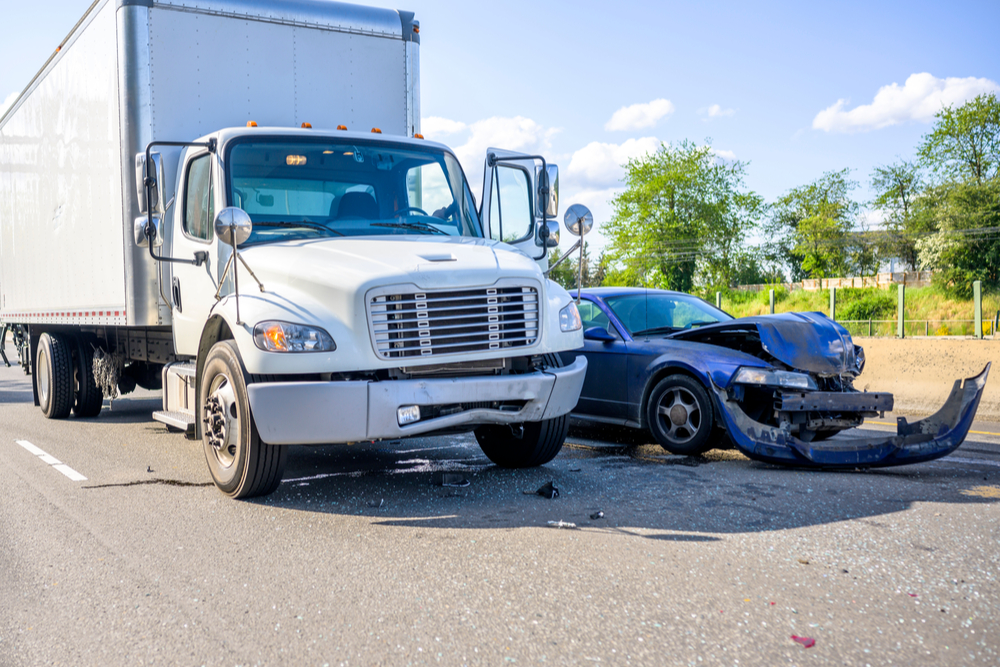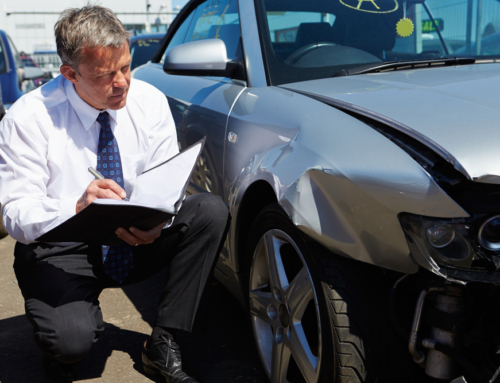Truck accidents are rare but deadly when they happen. If you lost a loved one or got hurt in a truck accident, you probably wonder where to start in your quest for compensation. Luckily, the claims process, in this case, is similar to those of other types of vehicle accidents.
However, some procedures are unique to truck accidents due to the commercial nature of the trucking business. As such, understanding these distinct aspects is key to the success of your claim.
Why and How Are Truck Collisions Different From Ordinary Car Crashes?
Trucks and tractors are subject to the same traffic laws as other cars. However, commercial trucks are also subject to additional laws meant to protect their drivers and other road users. The most stringent of these truck-specific laws include clauses that limit the hours truck drivers can drive in a day. In addition, some laws specify how often truck drivers should take extended rest breaks.
Further, trucking companies are required to ensure their drivers don’t drive beyond the stipulated hours and that drivers keep logs to track their driving time. Both parties must also ensure the loaded cargo is well secured, while the companies are obligated to keep the trucks in roadworthy conditions.
These laws are especially important as tired and sleepy drivers cause most truck accidents. Having drivers drive only a few hours a day means they will always be well refreshed for the next day’s drive and have higher response times if caught up in unforeseen situations.
Suppose you are caught up in a truck accident. In that case, your auto accident attorney will first notify the trucking company to safeguard the records pertaining to that particular truck. Unfortunately, premature destruction of these logs usually leads to legal consequences for the companies involved.
How Truck Accident Lawyers Deal With Accident Claims
Having an attorney handle your claim is your best decision in this scenario. For one, you get to rest and recuperate from your injuries while the lawyers battle it out with the truck company’s insurers.
Below is an outline of how these battles for claims typically progress:
- Your lawyer consults the police and gets a copy of their accident report
- A search for evidence will then commence, primarily looking for eyewitnesses and video or photo evidence of the accident
- The attorney will then write to the truck company to request the driver’s logs and other relevant records of the truck
- Next, the lawyer contacts the truck’s insurer or their legal representative to inform them of your intention to initiate a claims process and that the insurer should consult the attorney – not you – if they need anything.
- If you’ve already received treatment for your injuries, the lawyer will ask you to provide them with copies of your diagnosis, treatment records, and medical bills to allow them to draft the claim letter.
- The attorney will thereafter send a demand letter to the truck company’s insurer, informing them of the amount of damages you will seek based on the extent of your injuries and treatment costs.
In most cases, at-fault parties’ insurers respond to demand letters with counter-offers, which opens the door for out-of-court negotiations and settlements. However, if the insurer in your case does not respond to your demand letter or outrightly denies liability, the best cause of action is to let the courts decide the case.








